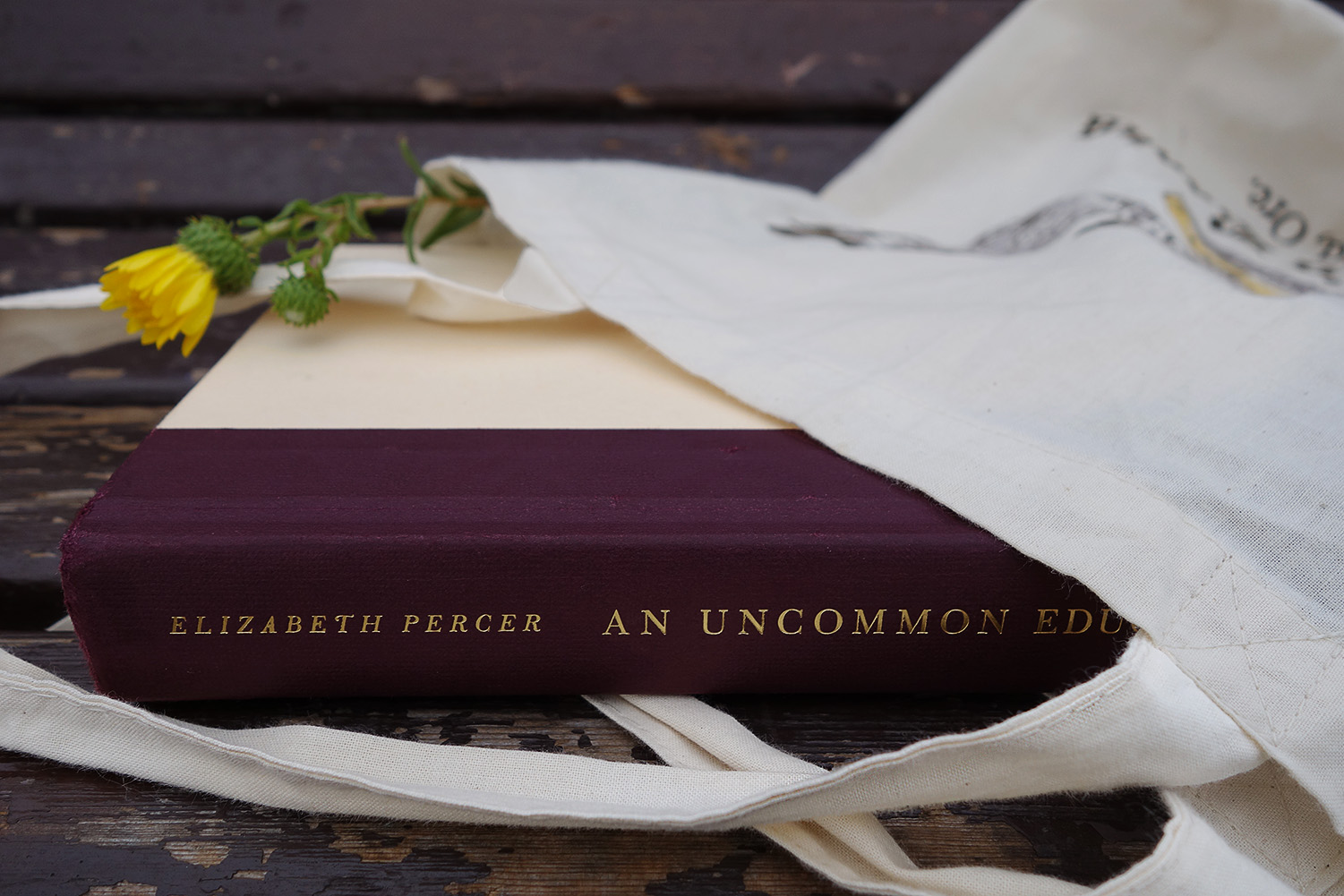
An Uncommon Education fits comfortably into one of my all-time favorite genres, coming-of-age. I wish that I had read more of such books and absorbed their lessons while I was actually coming-of-age, but instead I blindly forged ahead on my own, with results that remain unknown.
Naomi Feinstein is our heroine, a reserved and precocious 9-year-old whom we eventually follow through college. She lives in Brookline, Massachusetts, the only child of a father in poor health and a mother with crippling depression. She spends much of her time as a student of her father’s improvised instruction, made up of JFK’s childhood home, D’Aulaires’ Book of Greek Myths, Gray’s Anatomy, and tennis:
“Did you know Einstein mostly taught himself physics? You think the Sagans had money for private school? And Freud. Do you think he figured all that out in a classroom? Geniuses, all of them. And they read their books at home” (p. 66).
Naomi remains lonely until Teddy Rosenthal moves in next door. He is the adopted son of Hasidic Jews, and their hearts and minds soon intertwine. However, as Part I (of V) comes to a close, she irrevocably loses him. Naomi ultimately arrives at Wellesley College, a prestigious all-women’s college, intent on becoming a doctor. As readers we then get to dive into a full-fledged collegiate experience, one that includes an underground Shakespeare Society with rituals such as “forensic burning.”
The prose reads like verse (“she passed in a full sail of silence”), and the characters feel strikingly real; by the end of the book, Teddy, Jun, Tiney, and of course, Naomi, will stir up memories of distinct individuals. Mrs. Feinstein’s depression is hauntingly illustrated. One of the most powerful characteristics of the book is that the events, regardless of how jarring or heartbreaking, come off as inevitable; the characters are never in denial, as if things could not have turned out any other way. As our own lives suggest, often times events simply unravel, and all we can do is respond accordingly.
Naomi Feinstein is our heroine, a reserved and precocious 9-year-old whom we eventually follow through college. She lives in Brookline, Massachusetts, the only child of a father in poor health and a mother with crippling depression. She spends much of her time as a student of her father’s improvised instruction, made up of JFK’s childhood home, D’Aulaires’ Book of Greek Myths, Gray’s Anatomy, and tennis:
“Did you know Einstein mostly taught himself physics? You think the Sagans had money for private school? And Freud. Do you think he figured all that out in a classroom? Geniuses, all of them. And they read their books at home” (p. 66).
Naomi remains lonely until Teddy Rosenthal moves in next door. He is the adopted son of Hasidic Jews, and their hearts and minds soon intertwine. However, as Part I (of V) comes to a close, she irrevocably loses him. Naomi ultimately arrives at Wellesley College, a prestigious all-women’s college, intent on becoming a doctor. As readers we then get to dive into a full-fledged collegiate experience, one that includes an underground Shakespeare Society with rituals such as “forensic burning.”
The prose reads like verse (“she passed in a full sail of silence”), and the characters feel strikingly real; by the end of the book, Teddy, Jun, Tiney, and of course, Naomi, will stir up memories of distinct individuals. Mrs. Feinstein’s depression is hauntingly illustrated. One of the most powerful characteristics of the book is that the events, regardless of how jarring or heartbreaking, come off as inevitable; the characters are never in denial, as if things could not have turned out any other way. As our own lives suggest, often times events simply unravel, and all we can do is respond accordingly.


It sounds like a lovely read! I’m also a huge fan of the coming-of-age novel/bildungsroman. Though at 23, I should probably start reading more books that don’t fall into that category. 🙂
Wow, this was a harrowing review in itself, let alone the novel. Your synopsis has definitely lured me in and this is already sitting, and waiting patiently in my Book Depository basket. Sounds similar in terms of the themes it addresses to ‘The Bell Jar’ 🙂
Zoe xxx
The Brit In Aus